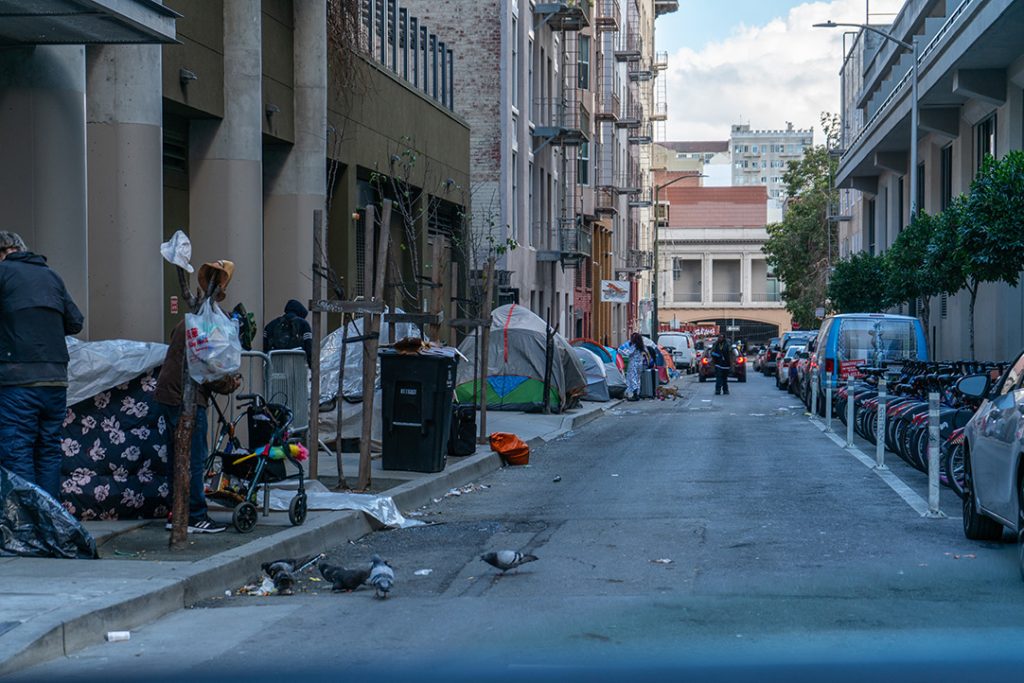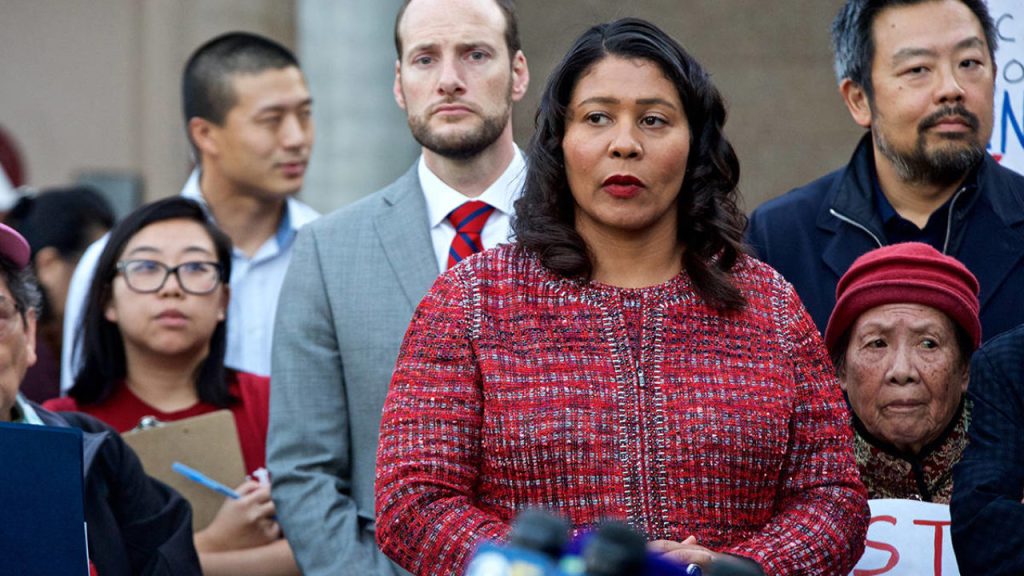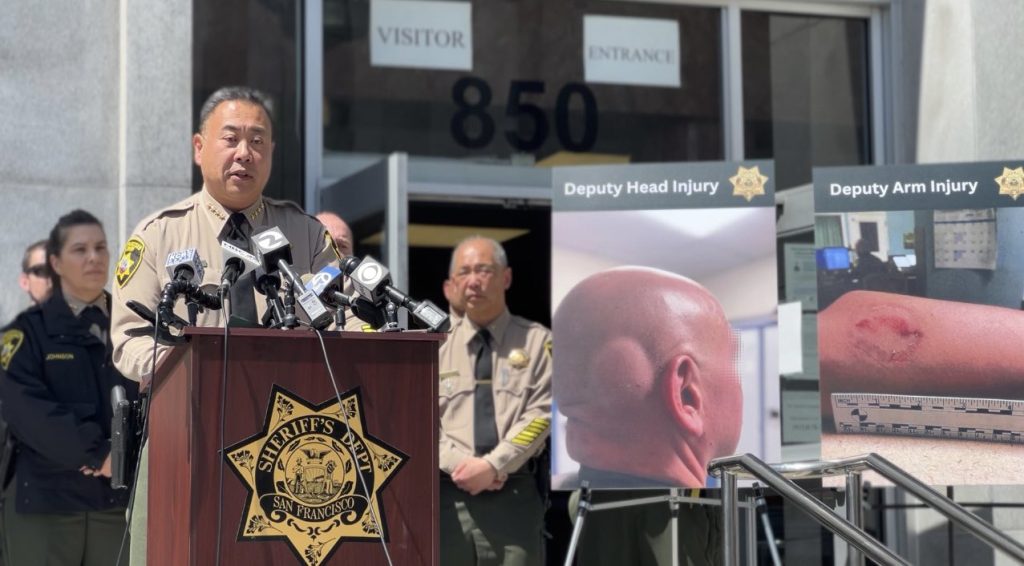In recent years, San Francisco has been at the forefront of implementing progressive justice reforms aimed at reducing incarceration rates, addressing systemic inequalities, and promoting social justice. However, the outcomes of these policies have sparked significant debate, with mounting evidence suggesting that the progressive justice system in San Francisco has failed to achieve its intended goals. Instead, these policies have exacerbated homelessness, addiction, and crime rates, creating a public safety crisis that continues to worsen.

Rising Homelessness and Addiction
San Francisco has seen a dramatic increase in homelessness despite substantial financial investments aimed at tackling the issue. From 2016 to 2021, the city’s spending on homelessness increased by over 500%, reaching $1.1 billion in 2021 alone. Despite this, the homeless population grew by 64% during the same period (Hoover Institution) (The San Francisco Standard). This paradoxical outcome raises questions about the effectiveness of the city’s strategies.
A significant portion of the homeless population in San Francisco is comprised of individuals struggling with addiction. The city’s approach to drug addiction, heavily influenced by progressive policies, focuses on harm reduction rather than recovery. While harm reduction efforts, such as providing clean needles and safe injection sites, aim to minimize the immediate risks associated with drug use, they do little to address the root causes of addiction or promote long-term recovery. Critics argue that this approach effectively maintains the status quo, allowing addicts to continue their destructive behavior without meaningful intervention (The San Francisco Standard).
Escalating Crime and Public Safety Concerns
The progressive justice system’s emphasis on decriminalization and leniency for nonviolent offenses has also contributed to rising crime rates. Proposition 47, passed in 2014, reclassified certain nonviolent offenses from felonies to misdemeanors, leading to a significant reduction in penalties for crimes such as shoplifting and drug possession. While the intention was to reduce incarceration rates and alleviate overcrowded prisons, the unintended consequence has been an increase in repeat offenses and a sense of impunity among offenders (The San Francisco Standard).
San Francisco has one of the highest rates of drug overdose deaths in the country, with 80 deaths per 100,000 residents in 2021. Despite having the largest per-capita budget for harm reduction in the nation, overdose deaths continue to rise, highlighting the ineffectiveness of current policies. In 2021, the city recorded 806 overdose deaths, a 24.5% increase from the previous year (The San Francisco Standard).
Financial Mismanagement and Lack of Accountability
The “homeless-industrial complex,” a term used to describe the network of nonprofits and government agencies involved in managing homelessness, has come under scrutiny for its inefficiency and lack of accountability. Critics argue that billions of dollars are being funneled into this complex without producing tangible results. Instead of reducing homelessness and addiction, the funding seems to perpetuate these issues, with resources often being misallocated or poorly managed (The San Francisco Standard).
Policy Recommendations and the Path Forward
To address the failures of the progressive justice system, a shift in policy is needed. Here are some recommendations:
- Emphasize Recovery: Instead of solely focusing on harm reduction, policies should prioritize long-term recovery and rehabilitation. This includes increasing access to treatment programs, recovery-based housing, and job training centers.
- Strengthen Law Enforcement: Reassessing leniency measures and ensuring that laws are enforced can help reduce crime rates and address public safety concerns.
- Improve Oversight and Accountability: Establishing transparent oversight mechanisms for the allocation and use of funds can help ensure that resources are effectively used to tackle homelessness and addiction.
- Community-Based Solutions: Involving local communities in the development and implementation of policies can lead to more tailored and effective solutions.
The progressive justice system in San Francisco, while well-intentioned, has failed to deliver on its promises. Rising homelessness, addiction, and crime rates, coupled with financial mismanagement and a lack of accountability, highlight the need for a reassessment of current policies. By shifting the focus to recovery, strengthening law enforcement, and improving oversight, San Francisco can begin to address the root causes of these issues and create a safer, more equitable city for all residents.



 On May 14, 2024, the San Francisco Board of Supervisors convened a meeting on the impacts of lockdowns in the San Francisco County Jail.
On May 14, 2024, the San Francisco Board of Supervisors convened a meeting on the impacts of lockdowns in the San Francisco County Jail.